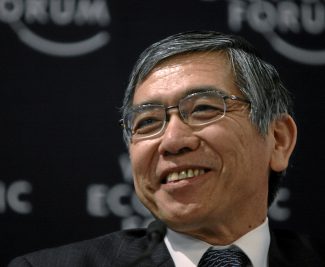
The Turkish economy has been in a precarious state over the past years, grappling with soaring inflation rates, a deteriorating lira, and dwindling foreign reserves. Amidst an economic crisis and his re-election victory in May, President Recep Tayyip Erdogan has adopted a new economic strategy. This article explores the potential implications of Erdogan’s policy shift, considering the severe financial pressures currently confronting Türkiye’s economy.
President Erdogan has long adhered to an unorthodox monetary policy philosophy, specifically in maintaining low-interest rates. Underpinning Erdogan’s desire for low rates was a controversial and contrarian idea that high-interest rates lead to inflation rather than curb it. Erdogan’s approach has been widely criticized for exacerbating the country’s economic woes.
Last month marked a significant departure from this stance. The Central Bank of Türkiye, under the new leadership of financier and investment banker Hafize Gaye Erkan, hiked the main interest rate from 8.5% to 15%. Erdogan’s appointment of Erkan to lead the central bank, coupled with his appointment of economist Mehmet Simsek as the country’s finance minister, signals a change in economic policy. Simsek served as finance minister under Erdogan in 2009 for over six years, where he was credited with managing Türkiye’s recovery during the global financial crisis.



